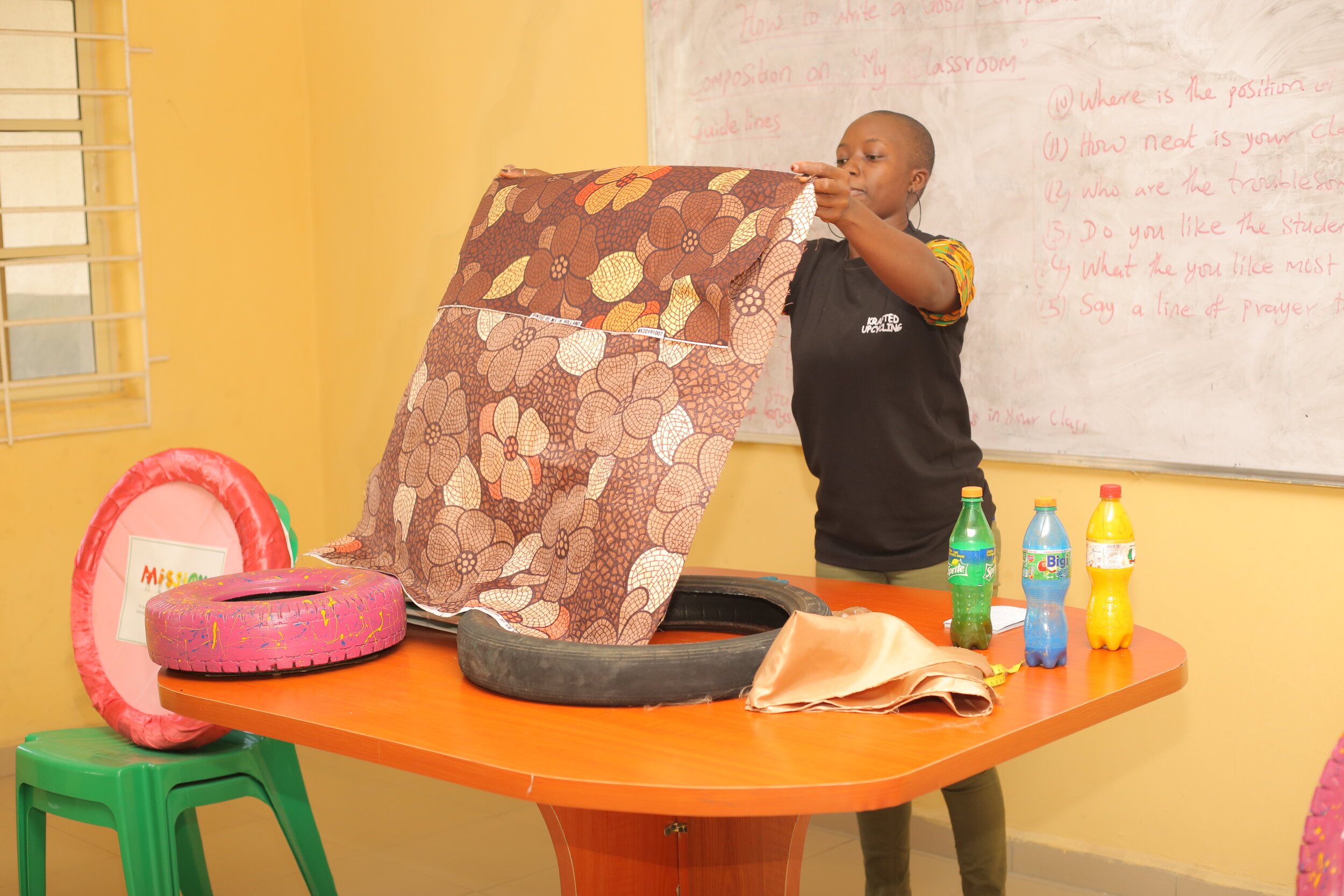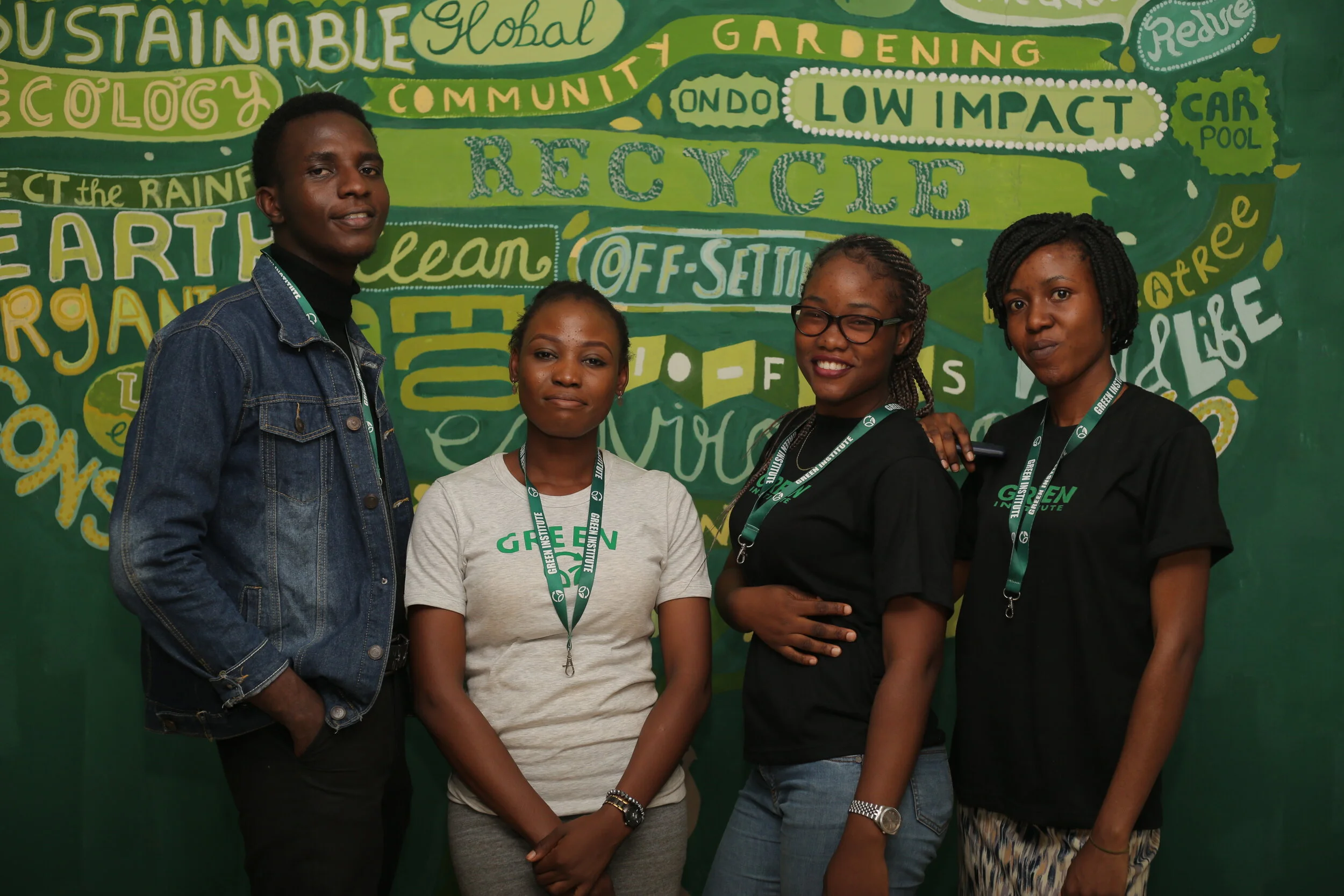The UN Decade on Ecosystem Restoration 2021–2030 is expected to be a global call to action, drawing together political support, scientific research and financial muscle to massively scale up restoration. Everyone is invited to help shape the Decade.
Background and strategy
In March 2019, the United Nations General Assembly adopted a resolution declaring 2021–2030 the United Nations Decade on Ecosystem Restoration. The coordination of the Decade is co-led by the United Nations Environment Programme (UNEP) and the Food and Agriculture Organization of the United Nations.
The overall strategy for the Decade —which includes vision, objectives, roles and responsibilities of the organizations involved, monitoring of successful restoration and means of financing large-scale action—was developed in consultation with many stakeholders between March 2019 and January 2020 through more than 25 workshops, numerous meetings, conference calls and engagements on the side of the Rio Convention meetings.
Participants included governments, United Nations agencies, international and local non-governmental organizations, the private sector, academia, youth groups, faith-based organizations and secretariats of the Rio Conventions—for a total of over 150 individuals and 50 organizations.
All agreed that the Decade provides an unprecedented opportunity for restoration and conservation of ecosystems to significantly contribute to achieving the Sustainable Development Goals, namely ending poverty, conserving biodiversity, combating climate change and improving livelihoods for everyone, everywhere.
There was also general consensus that major changes in societal mindsets are needed to mobilize the resources for restoring the hundreds of millions of hectares of degraded terrestrial and marine ecosystems. Such changes entail embracing a new ethical imperative to restore and conserve ecosystems to preserve healthy ecosystems, and the myriad benefits that flow from them, for future generations. If such an imperative were to become a societal norm globally, then decision makers in governments and the private sector would have no choice but to make substantial investments in preserving ecosystems.
The vision for the Decade is a world where—for the health and well-being of all life on Earth now and in the future—the relationship between humans and nature is restored, the area of healthy ecosystems increased, their loss and degradation brought to a halt. Underpinning this vision are two main goals:
to enhance global, regional, national and local commitments, and actions to prevent, halt and reverse the degradation of ecosystems
to increase and apply our understanding of successful ecosystem restoration in education systems and within all public and private sector decision-making
Take action
Accomplishing this vision and the two accompanying goals will require the effort of the entire global community.
Governments are expected to commit national budgets to upscale restoration efforts in their own countries.
Non-governmental organizations will need to increase their capacity-building of local communities and government technicians to embark on new restoration projects.
United Nations agencies will be tasked to coordinate all the stakeholders involved and ensure that major inroads are made into activities like national accounting on restoration success and embedding restoration into school curricula.
Academics will be asked to steer their research towards honing restoration protocols and monitoring restoration success from on-the-ground data capture to remote sensing.
And indigenous peoples’ groups, women’s groups, youth groups and civil society at large will be consulted and included in the roll-out of on-the-ground operations to upscale restoration efforts in specific ecosystems.
Although governments, United Nations agencies and international non-governmental organizations will support and guide the Decade, and lead many of its activities, small non-governmental organizations and hundreds of millions of individuals, from school children to the elderly, will be called on to develop and take ownership of the initiatives, ideas and imperatives catalysed within the Decade.










































